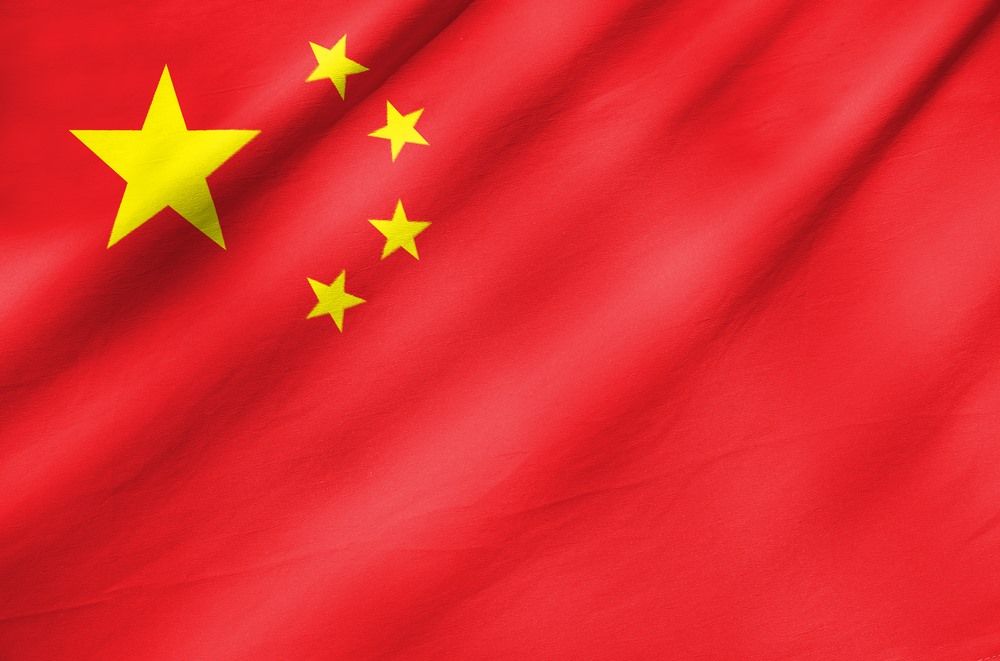From a strategic point of view, a good foothold in Afghanistan would provide leverage to China in terms of containing the expansion of the other major players, the US and Russia, in the region.
President Joe Biden’s announcement of complete withdrawal of the US troops from Afghanistan by September 11, 2021 has sparked serious apprehensions and disappointments at the global level. While Biden surely wants to exit the unfinished war and says he doesn’t want to pass America’s longest war to another president, the current situation in Afghanistan invites nothing but pessimism. China has recently been active and quite vocal in raising its concerns regarding instability in the region post US and foreign troops withdrawal from Afghanistan.
China’s policy and engagement in Afghanistan has evolved over the past few years. From being an independent and indifferent actor—seeking assurances from the Taliban to guard Xinjiang from extremism, looking for opportunities for economic investment and exploring the mineral wealth of Afghanistan—Beijing’s engagement has widened significantly. China has extended cooperation to Afghanistan in areas of security, military assistance, counterterrorism, COVID-19 related relief assistance and facilitating/offering Afghanistan connectivity with its neighborhood (Iran and Central Asia) through the China-Pakistan Economic Corridor (CPEC). (Shalini Chawla, The Sunday Guardian, October 3, 2020)
From a strategic point of view, a good foothold in Afghanistan would provide leverage to China in terms of containing the expansion of the other major players, the US and Russia, in the region. Although China has been keen to expand its influence and engagement in the region, the potential security fallouts post US and foreign troop departure (September 11, 2021), are extremely worrying for China. Beijing has expressed deep displeasure on President Joe Biden’s withdrawal announcement and termed it “hasty”. China has been suggesting the resolution of the Afghan conflict on multiple forums: it has called on the United Nations to play its ‘due role’, insisted the Shanghai Cooperation Organisation (SCO) actively “pay attention” to the Afghan political crisis and has also offered to moderate the talks between the Taliban and the Afghan government. The Chinese foreign minister assured Kabul that Beijing will back the Afghan government in playing the lead role in the conflict resolution process.
China has significant security, strategic and economic stakes in the stability of Afghanistan.
Unrest in Xinjiang on account of Muslim repression and the support Uyghur militants draw from the terrorist organisations based in Pakistan and Afghanistan has been a cause of serious concern for China for a long time. Violence in Xinjiang escalated in late 1990s and that’s when Beijing became keen to initiate contacts with the Taliban. Various sources in Russia and China suggested that thousands of Uyghurs received military training in the camps set up in Afghanistan. Chinese diplomats did hold meetings with the Taliban including the famous meeting in December 2000 between the Chinese Ambassador to Pakistan, Lu Shulin, and the Taliban leader Mullah Omar in Kandahar. Media reports suggested (The Express Tribune) that Mullah Omar ensured the Chinese Ambassador that the Afghan soil will not be used to destabalise China. During the same period, reports regarding the Chinese companies/sources aiding the Taliban also surfaced.
In the last couple of years, Uyghur repression has found significant concern and expression in the global jihadi discourse. In April 2019, al-Qaeda released a statement expressing solidarity with the Turkistan Islamic Party (TIP) and the Uyghurs. Taliban has maintained links with al-Qaeda despite assuring the US otherwise in the agreement it signed on February 29, 2020. Beijing fears that the Uyghurs will continue to get increasing support from the transnational Muslim extremist forces. China’s efforts are to ensure that the East Turkestan separatists do not benefit from the Taliban and the global terrorist organisations when the Western forces leave. Additionally, the level of violence has escalated in Pakistan with Tehrik-i-Taliban Pakistan’s (TTP) resurgence raising security risks for the CPEC projects in Pakistan.
China’s occupation and repression of Xinjiang Muslims has attracted significant international attention and there have been strong coordinated reactions and punitive actions against China: the US has alleged the Chinese government of genocide against the Muslim Uyghurs; in March 2021, the US, European Union, Britain and Canada imposed sanctions on four Chinese individuals and one entity from China on account of ‘serious human rights violations’ and repression of Uyghurs in Xinjiang; and on May 19, the European Parliament adopted a resolution freezing “any consideration of the EU-China Comprehensive Agreement on Investment (CAI), as well as any discussion on ratification”. China’s position on human rights, values and governance has been increasingly questioned and condemned at the international level. At this point, Beijing would not want the situation in Xinjiang to intensify with the spill over impact from the neighbouring Afghanistan. Another important security concern for China is the drugs from Afghanistan as the Golden Crescent (meaning Afghanistan, Iran and Pakistan) is the main gateway for smuggling drugs into China. (Shalini Chawla, The Sunday Guardian, October 3, 2020)
China’s quest for energy has also led it to make investments in the Afghan energy sector. It is interesting to note that in 2007, when the US and the allied forces were facing growing challenges in the Afghan war given the resurgence of the Taliban (with Pakistan’s extensive support while the US was distracted in Iraq), China invested lavishly in the Aynak copper mine and oil and natural gas sector.
Given its strong security concerns and economic stakes, China is exploring a more pragmatic and a multilateral approach to resolve the Afghan crisis.
Dr Shalini Chawla is Distinguished Fellow at the Centre for Air Power Studies, New Delhi.

